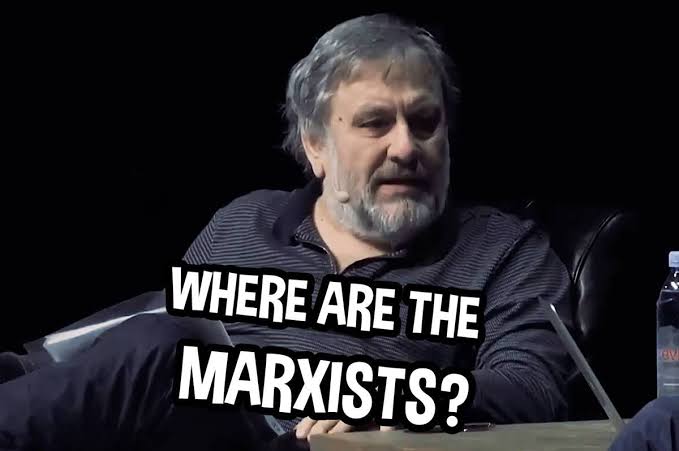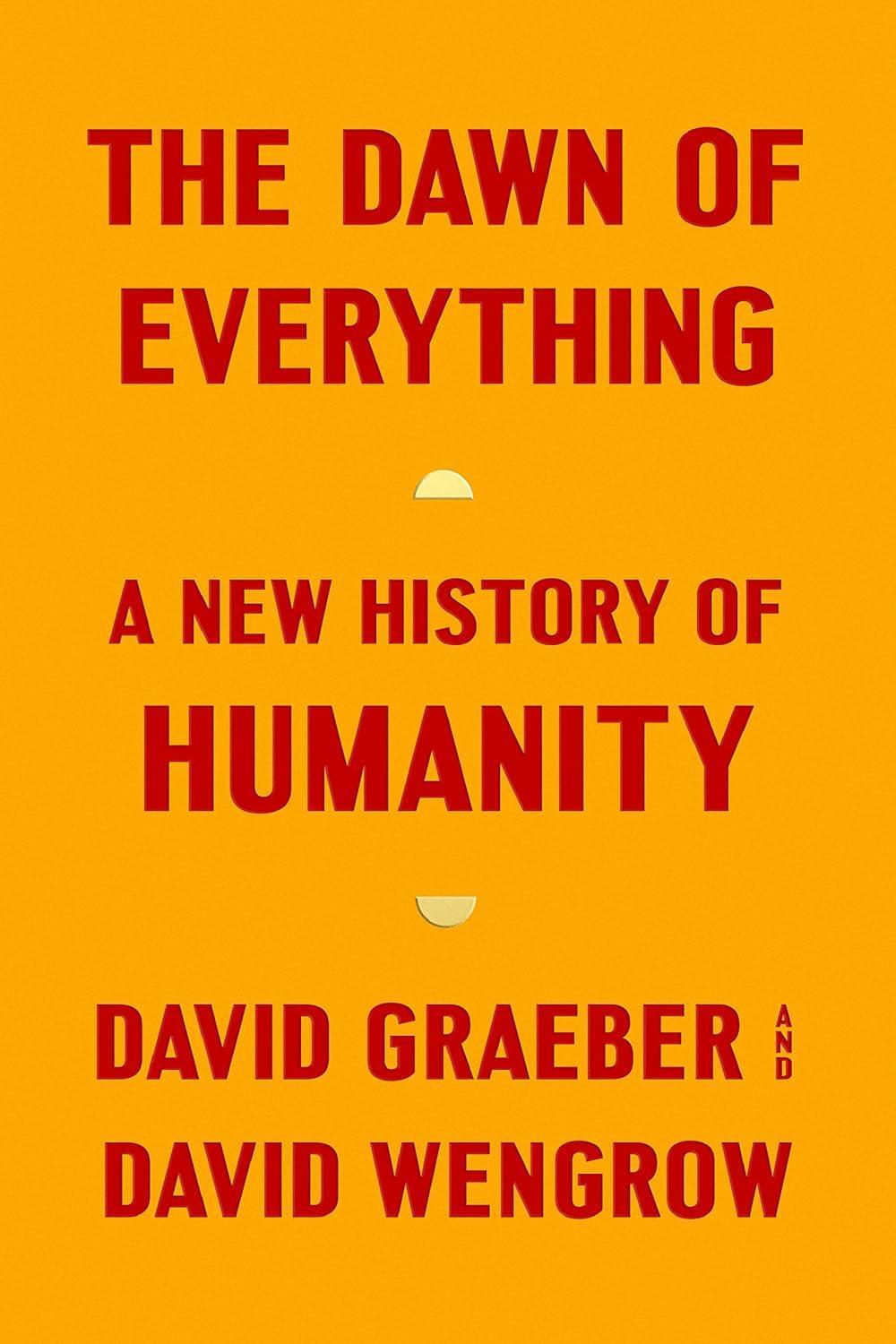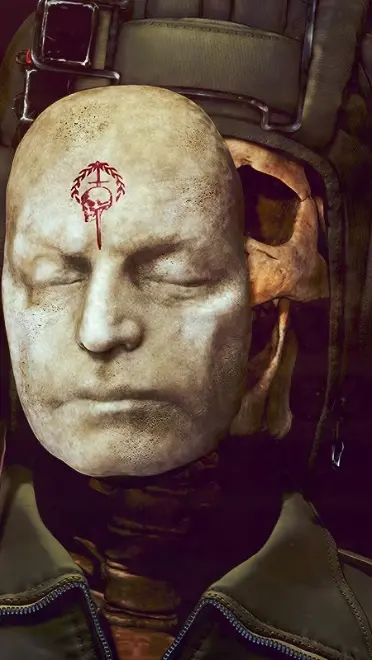Tldr, graeber is a lib but also a state socialist.
By his own account politically unemployable in American academia, he claimed that, though the academy of that era sheltered myriad “authoritarian Marxists,” anarchism was considered beyond the pale, as I can confirm from personal experience.
I find this an interesting anecdote as I’ve generally found that a lot of academics are soft anarchists or radlibs who think they are anarchists but are less open about putting specifics on their political identity compared to campus trots. Not saying he’s lying or anything, different times and countries.
I read this book along with Debt and Utopia Of Rules and I would say that his politics were very utopian and I think he always overstated the impact of OWS. He had a lot of interesting stuff to say for sure and his classic quote about simply unmaking what has been made is great.
I think he leans too much into the spontaneity of revolutionary action and that in some sort of messianic way, change will come.
Just my opinion and all that
I enjoyed Debt for its anthro study of money, and traditionally anarchists have always been utopian to MLs in various ways.
Was just commenting on my own campus experience (I was a student/worker on campus for 12 years) that didn’t seem to vibe with the article writer’s experience, but maybe things have changed.
a lot of academics are soft anarchists or radlibs who think they are anarchists
This was my experience as well

The last chapter in Debt was a real lib curveball
I think this article is good. Dismissing the concept of egalitarianism and the state does seem like a move away from anarchism
So Graeber’s analysis evolved and grew? That doesn’t seem like the bad thing this review makes of it. He still seems like an anarchist even if he is saying that the conception of the state and its history is a flawed category, and how “equality” in contemporary discourse ends up as calls for technocratic tinkering unconcerned with any potential for non-capitalist social formation.
Like the reviewer clearly sees his position develop over time and then invokes Hayek as if that’s a fair comparison:
Here, he appears almost to be ridiculing himself and the Occupy movement (if also Thomas Piketty), or Graeber and Wengrow appear to be ridiculing earlier Graeber. Do I hear a touch of Friedrich Hayek?
Graeber’s rejection of the concept of the state undermines one of the basic assumptions of anarchist thought, which is anti-statism. As the reviewer says,
But this “simplistic” conception of the state is also the conception that fuels or articulates the anarchist critique of the state, from William Godwin to Mikhail Bakunin to Emma Goldman […] In late Graeber, this looks simplistic and nonempirical. “The state” is a concept that falls apart under analysis and should be abandoned. Of course, that makes anti-statism just as senseless, for what is an anti-statist fighting against, really?
Same logic applies to his rejection of egalitarianism, which is also an important aspect of anarchist thought. I think late Graeber would dismiss anarchism as based on the same flawed Enlightenment assumptions that he spends debunking in The Dawn of Everything.
I think Graeber remained a radical throughout his life, but not an anarchist in his later works. Unless you’re using a more expansive definition of anarchism?
Is this in the dunk tank as a dunk on Graeber or a dunk on the author criticizing Graeber?
The latter
I’m not exactly an expert on Graeber despite having once been a pretty big fan of his work, but I don’t really find myself disagreeing with much this author says. I think there was a bit of a liberal drift in his later works.





